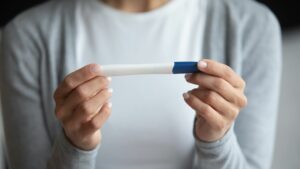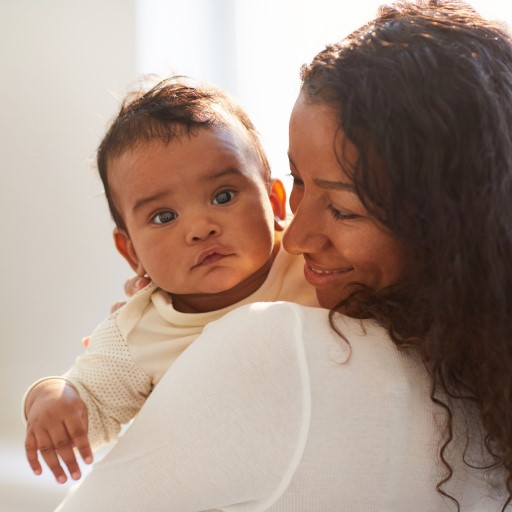The practice of egg freezing appears to be growing, with a recent California study giving insight into which women are preserving their fertility and why.
Egg freezing has been used for over a decade successfully. The outcomes of in vitro fertilization (IVF) after egg freezing are almost the same as from fresh eggs. Although egg freezing can be used for medical reasons, such as before cancer treatment or other serious medical conditions, we’ll focus on the use of social or elective fertility preservation.
Dr. E.A. Greenwood and colleagues from the University of California, San Francisco reported in October 2017 at The American Society for Reproduction Medicine on 180 women who underwent elective egg freezing over the past four years at ages 25-44. Seventy-eight percent of the women are single. What is surprising is that so many of them are married. Some of the surveyed women plan to put childbearing off past the age of 45.
It is not surprising that over 70 percent of these women have completed a graduate or professional degree and report household incomes of over $100,000 per year. Obviously, these are high-achiever women who are using egg freezing. They all cited work-life balance obstacles as a significant impediment to finding the right partner. It is notable that some of these patients are doing egg freezing as late as age 44. The odds of success in patients in the over 40 group would be relatively limited.
Twenty-four percent of the group received funds from progressive technology companies in California to enable them to pursue this treatment.
Practically all of the patients felt egg freezing enabled them to worry less about dating and to have more control over their reproductive future.
The time period since the study started is relatively short. Over the course of the study, 22 women of the group apparently met their knight in shining armor and decided to have a baby. Fifteen percent of these women conceived naturally and only five of them used their frozen eggs.
In 2017, Rhode Island became the first state to pass a law explicitly requiring coverage of fertility preservation. This is limited, as one might expect, to fertility preservation prior to treatments that could directly or indirectly cause fertility such as chemotherapy for cancer.
This would appear to be appropriate for other states that have mandated infertility coverage to consider. Unfortunately, it is not the norm in this country yet. Additionally, Rhode Island did not choose to mandate elective egg freezing.
Our opinion on parameters for egg freezing
It is our opinion that social egg freezing before age 32 is not necessary. Fertility does not measurably decline until around that time, unless certain tests or family/personal medical history indicate otherwise that there is a threat to future fertility.






